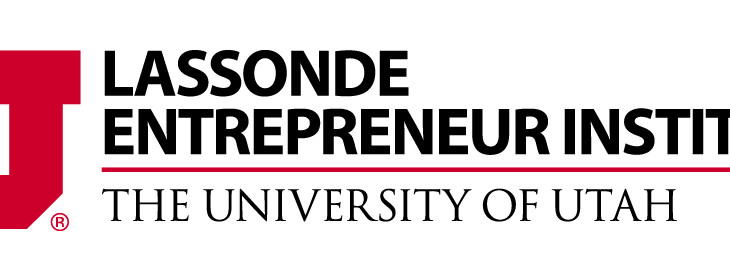University commercialization efforts would not be as successful without the help of graduate and post-doctoral students, according to a recent study by the Kauffman Foundation. The study, which found that the success of university spinoffs rely on an overall university environment, used case studies from eight major universities, including the University of Utah, to examine students’ roles in university startups and compared the functions and responsibilities of faculty, entrepreneurs and students in successfully moving university innovations to market.
The study analyzed case studies from four primary pathways that lead to spinoff development. While the study found that most faculty consider a partnership with a qualified entrepreneur to be ideal, they have a hard time convincing the entrepreneur to join their venture when in its initial stages. To solve this problem, faculty members collaborate with Ph.D./post-doctoral students and business school students to grow the startup and attract more experienced assistance. The study also analyzed student-only ventures.
According to the study, commercialization efforts at universities are also supplemented by mentoring programs, business plan competitions, accelerator programs, entrepreneurship training and project-based classes that bring together interdisciplinary or MBA student teams to work on business plans — allowing universities to serve as business incubators. Troy D’Ambrosio, director of the Pierre Lassonde Entrepreneur Center, the U’s hub for student involvement in commercialization, said working with students is hard, but well worth it.
“Students who participate have self-identified and have high levels of interest in the commercialization process,” D’Ambrosio said. “The individuals involved are highly motivated and interested in the educational experience.”
Get involved at www.lassonde.utah.edu.



